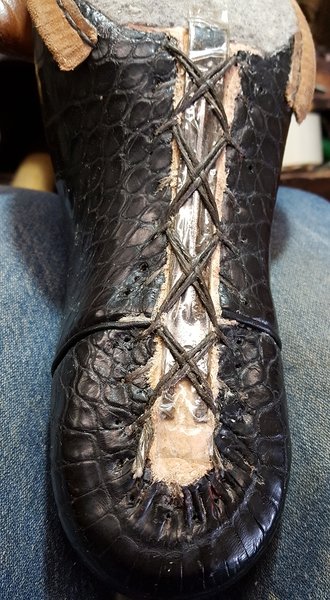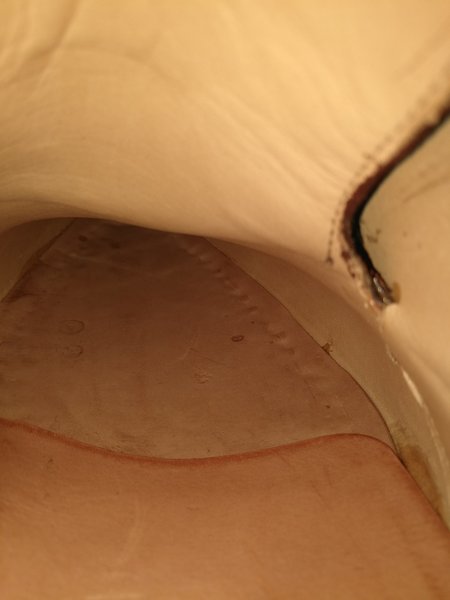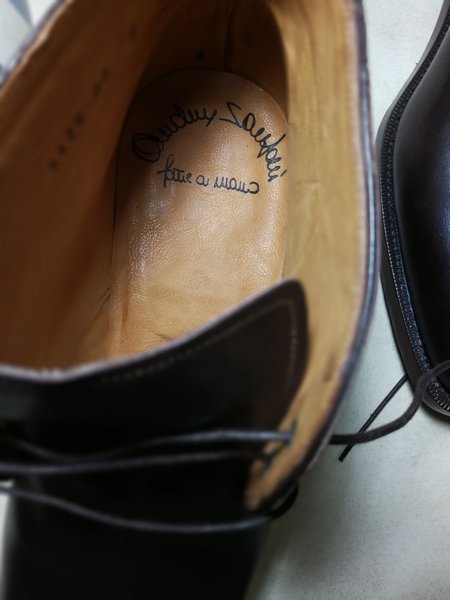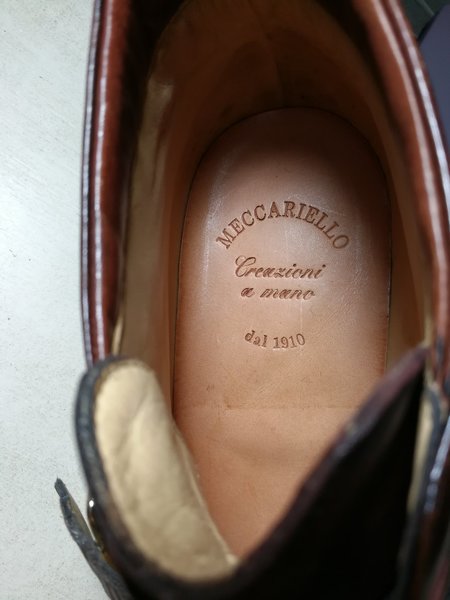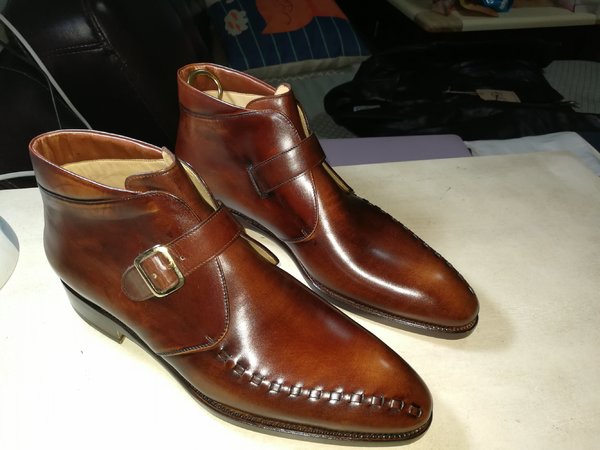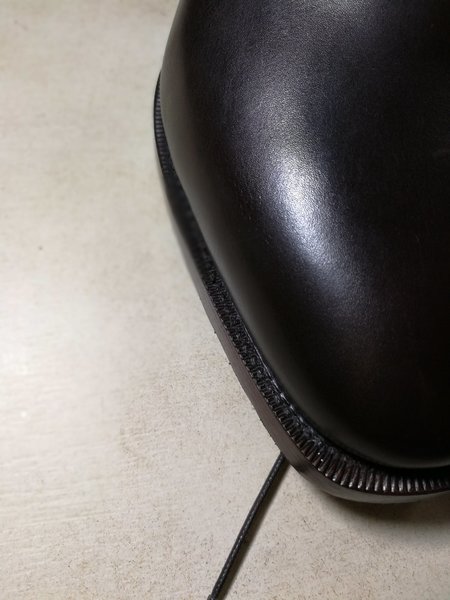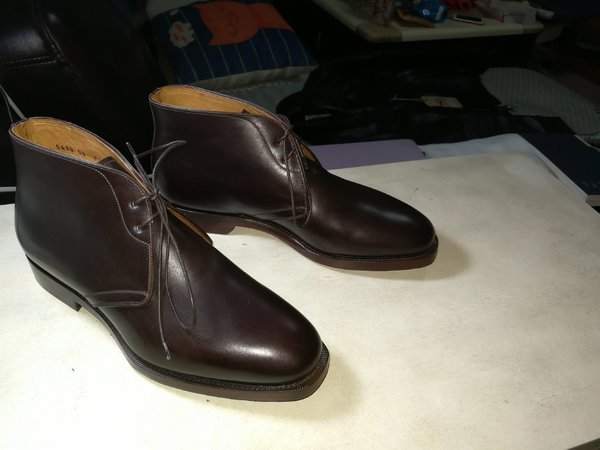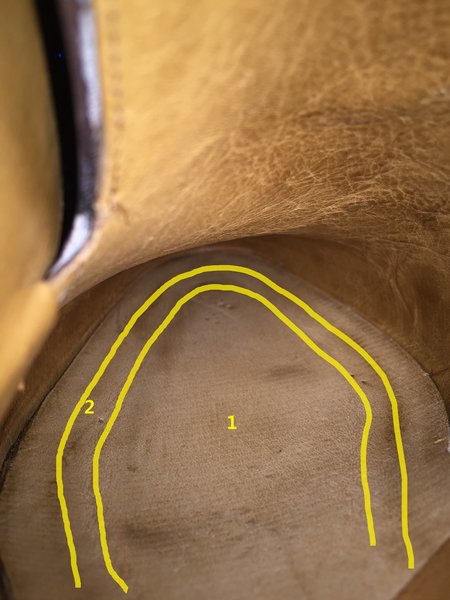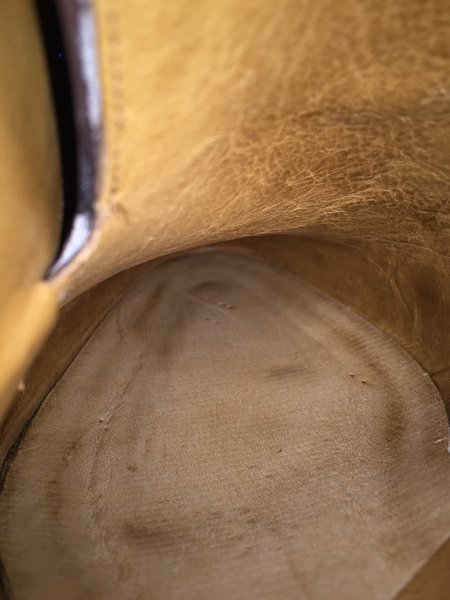thelonius
Senior Member
- Joined
- Jan 10, 2013
- Messages
- 283
- Reaction score
- 51
Crafts and economics are two separate discussions.
For any given price spec, shops with lower labor cost will always produce better shoes. Hand welted or Goodyear welted. Today it's Eastern Europe and China. Tomorrow it will be China and ASEAN.
It is difficult to transition from mass production factory into artisanal shops, thus the rapid decline of British shoemaking factories.
Don't understand what you're saying.
"Crafts and economics are two separate discussions." Why ? Not necessarily. Craft industries have economies, important economies in many parts of the world, and the shoe industry cannot be limited to the concept of "craft" (which needs defining as well).
"shops with lower labor cost will always produce better shoes" - well, you've really lost me there.
"Today it's Eastern Europe and China. Tomorrow it will be China and ASEAN." --- It was China, now it's come back to E Europe, and other parts of the world, including parts of Asia. But it depends on the evolution of the standard of living of these peoples. Rare is the economist who would make such a prediction! The Chinese are already asking for much higher wages than 10 years ago.
"It is difficult to transition from mass production factory into artisanal shops, thus the rapid decline of British shoemaking factories." Not clear what you're saying. Are you saying that the British (let's call it English) industry declined because it was artisanal, or that because it was industrial it couldn't compete on the industrialized world market. The history of Sears and the British Shoe Corporation is edifying in how the British industry became massive, buying up all the smaller firms, and then closed down all its "onshore" production sites and moved "offshore" -- that's to say to cheaper-labour-force markets. That's what ruined the English shoe industry. Is that what you were saying ? Maybe I misunderstood. What remains of the Northamptonshire shoe industry is about 1 % of what it was in terms of production and workforce in the beginning of the 1960s.



